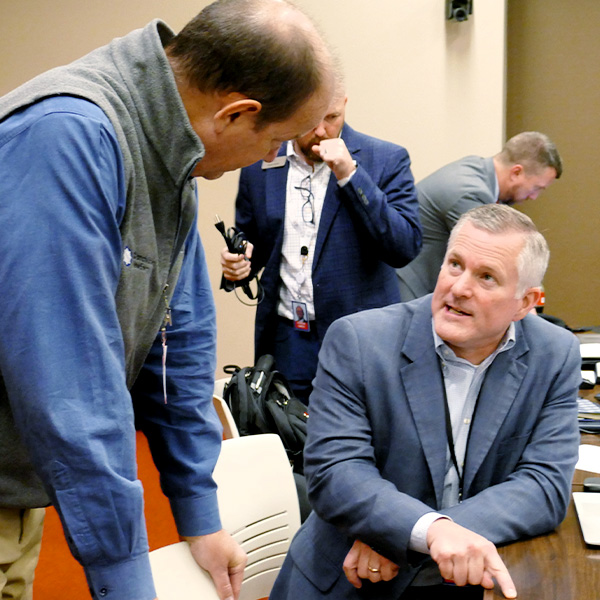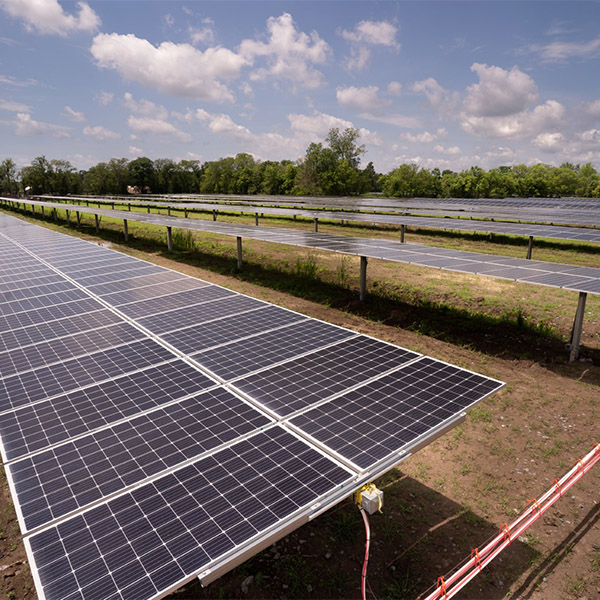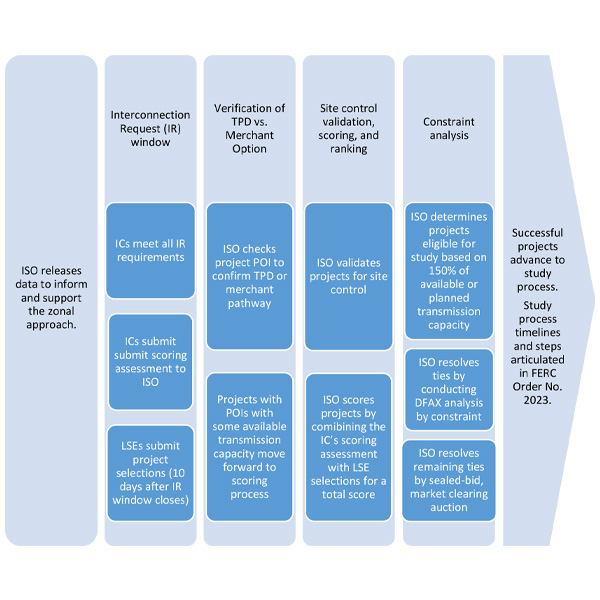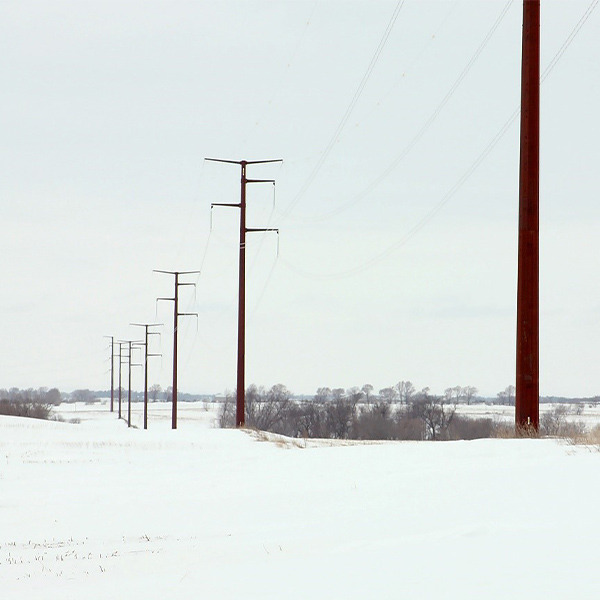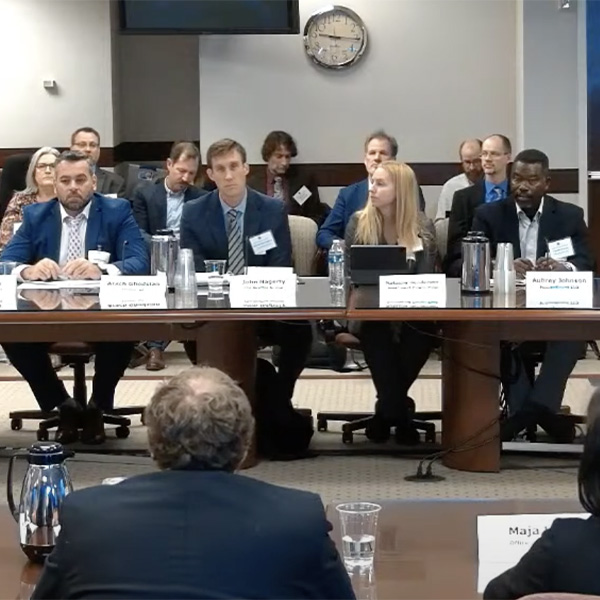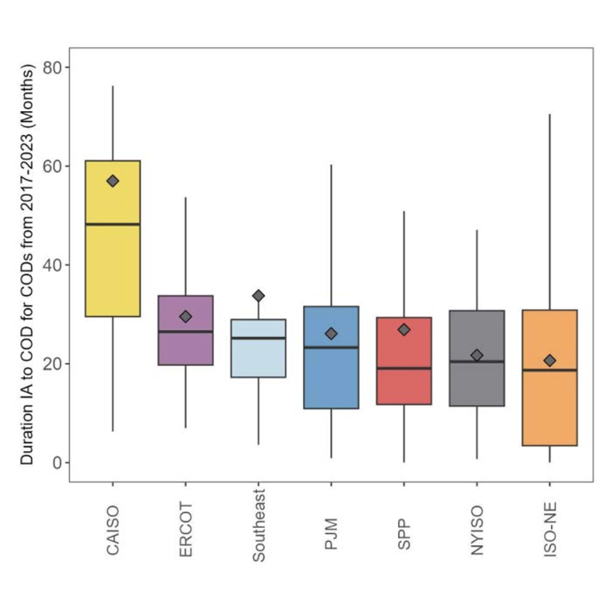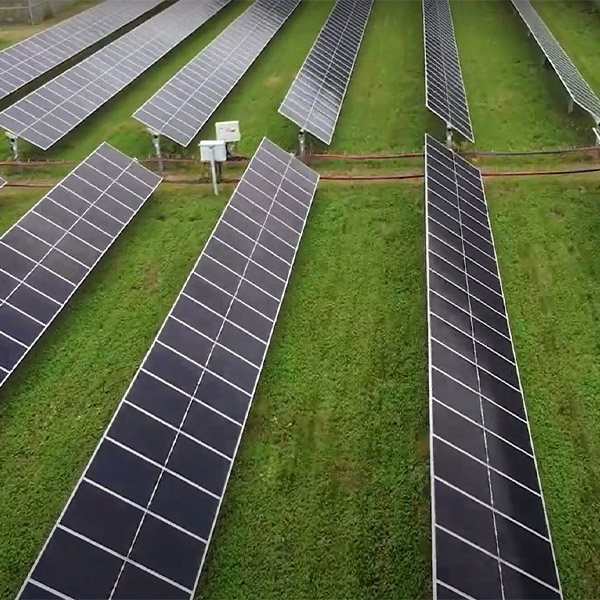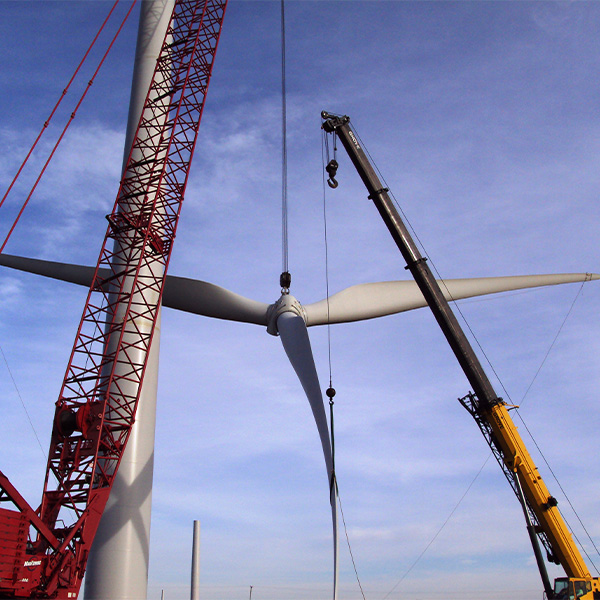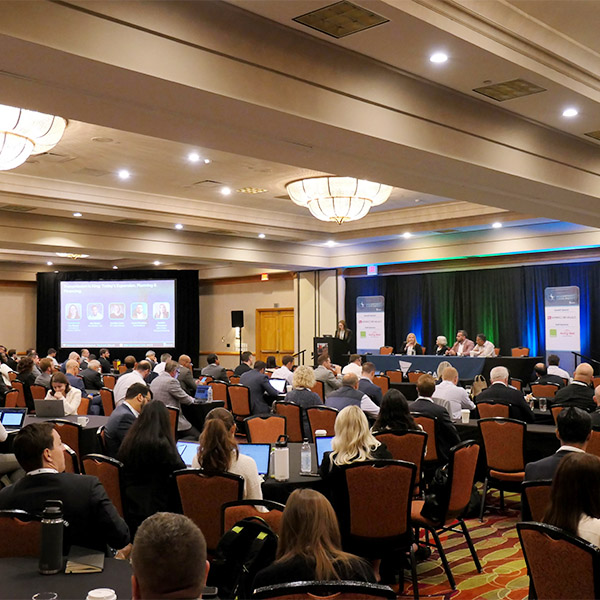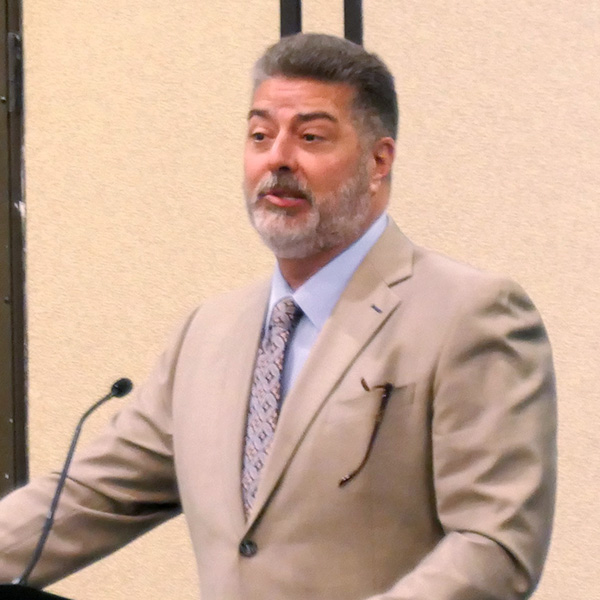generator interconnection queue
SPP says it is devoting significant resources to finally resolve Attachment Z2, a bone of contention among SPP stakeholders since 2016 -- by the end of this decade.
MISO announced it will move forward on annual interconnection queue cap based on 50% of peak load for the year in question, this time removing exemptions for projects that regulators deem essential.
FERC approved CAISO's proposal to streamline its generator interconnection process to deal with the “unprecedented volume” of interconnection requests it received in 2023.
MISO and its transmission owners defended their practice of allowing TOs to self-fund network upgrades necessary to bring generation online before developers get the chance to finance them.
FERC is still working to implement the changes to its generator interconnection rules from Order 2023, but it is also considering further changes, as it held a two-day workshop to gather more input.
Speeding up the interconnection queues is becoming more important as demand growth and the retirement of existing generators combine to cut into reserve margins around the U.S., experts said during a webinar hosted by Advanced Energy United.
MISO is adamant that it should limit project proposals in future queue cycles to 50% of annual peak load to moderate its 300-GW, oversaturated queue.
FERC is considering additional changes to its rules on generator interconnections, with a technical conference set for Sept. 10-11 that saw pre-conference comments filed this week.
Infocast’s inaugural Midcontinent Clean Energy summit provided panelists a pulpit for critiquing MISO’s interconnection queue setup as it strains under the weight of hundreds of gigawatts intended to further fleet shift and meet load growth.
MISO's Todd Hillman described the pressure cooker environment of escalating data center demand, a precarious reliability situation and an overwhelmingly large interconnection queue at Infocast’s inaugural Midcontinent Clean Energy Summit.
Want more? Advanced Search
